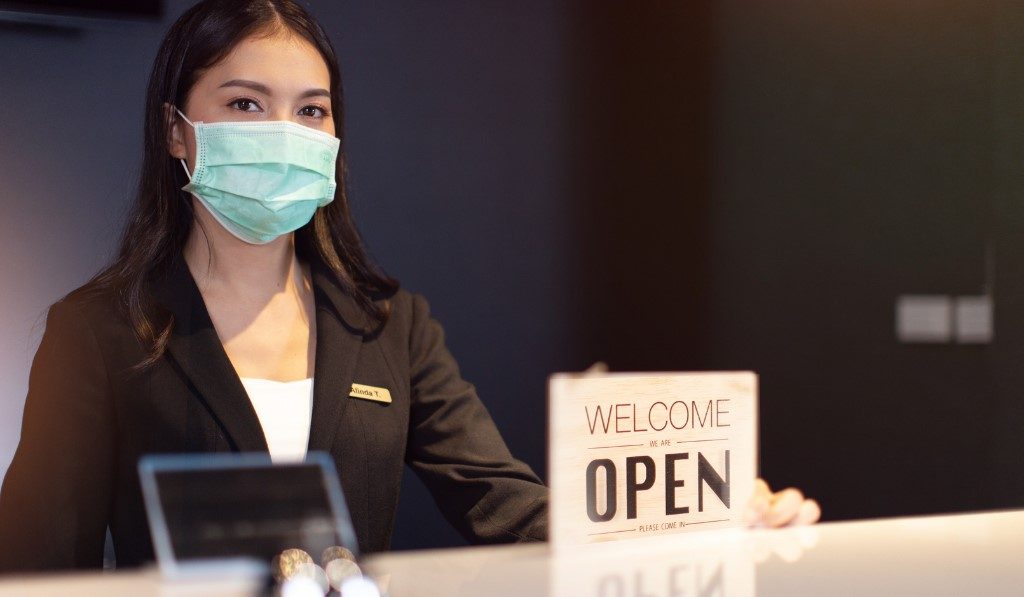
The hospitality sector has been drastically affected by the COVID-19 crisis. Restaurants, hotels have had to stand empty for months as governments and public health authorities acted to contain the spread of the coronavirus. These organizations moved swiftly to mitigate the impact on their business, furloughing staff, reducing costs, pivoting online, and more.
Be that as it may, one may though say that the hotels, upon the outbreak of Covid were the first ones to lose a major chunk of their business, it is indeed the hotels which have somehow stayed afloat in business and have been the first ones to regain their loyal customers. Students of the Vatel Hotel and Tourism Business School, Sushant University conducted a study on what changes would be in force after the industry rebounds into operations post-Covid
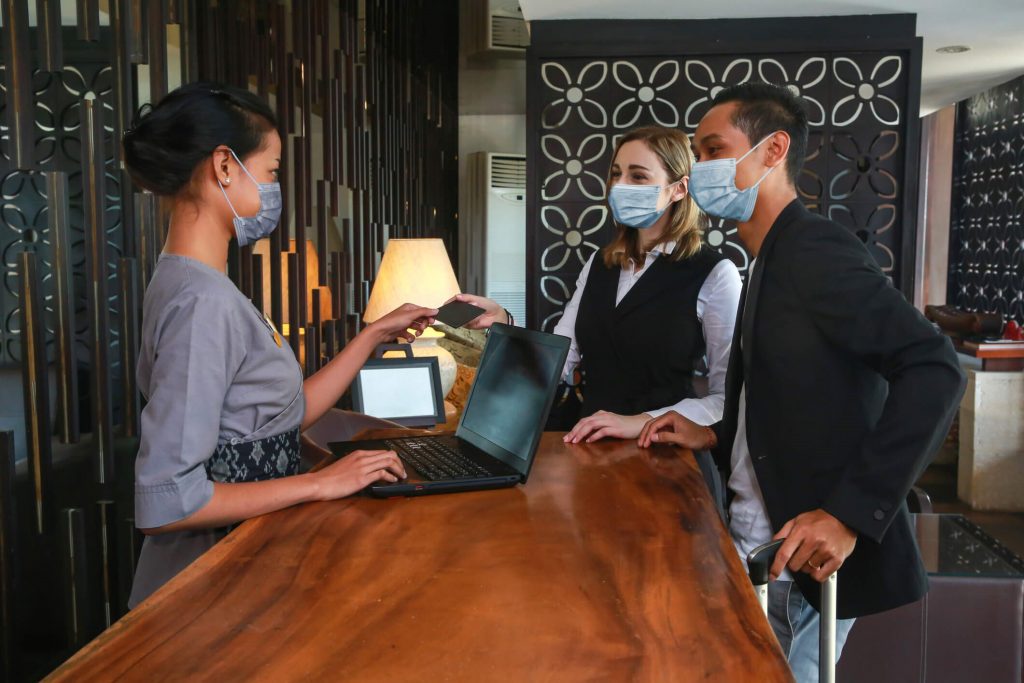
However, as of now, the authorities across India and other parts of the world have begun to reopen their economies, and the hospitality sector is gearing up to once again open their doors. Yet the world in which the industry now finds itself has changed. The COVID-19 pandemic and the resulting global lockdown have dramatically affected and, in some cases, completely changed consumer behaviour. New habits and expectations have arisen. Discretionary spending has suffered, and spending patterns have changed. Understanding and responding to consumers’ changing behaviours will be essential to the recovery of the hospitality sector.
 Organizations will need to reimagine the customer experience and re-engage with customers to build and maintain their trust. At the same time, they will need to improve their operational agility and financial resilience to navigate the uncertainties of doing business in a world wracked by pandemic. The following Points will help you exceed guest expectations in the post-COVID-19 hospitality industry.
Organizations will need to reimagine the customer experience and re-engage with customers to build and maintain their trust. At the same time, they will need to improve their operational agility and financial resilience to navigate the uncertainties of doing business in a world wracked by pandemic. The following Points will help you exceed guest expectations in the post-COVID-19 hospitality industry.
1. Improved Hygiene Measures
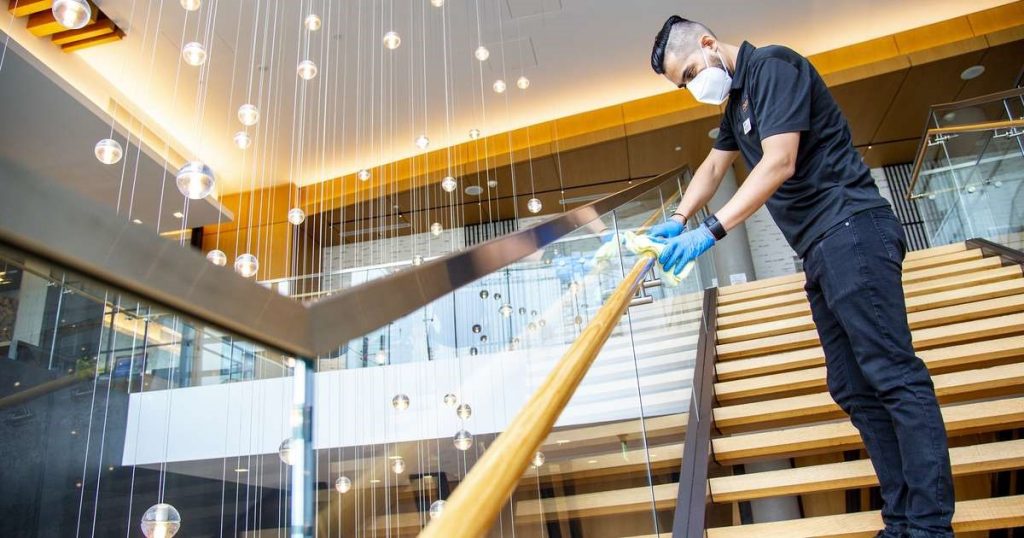
Guests will demand higher hygiene standards, and one wouldn’t want a lack of supplies in order to create an impression of your facility as negligent. One should immediately install additional hand sanitizing stations if it hasn’t yet been done. Where should you place these? Start by including them at all entrances, exits and public restrooms. Other areas include meeting rooms, concierge desks, the registration area and any open dining areas.
2. Alternative Dining Options
Even if dining facilities are open in your area, you must remain aware that not all guests will feel comfortable frequenting them. The traditional continental breakfast buffet may well go the way of the dodo.
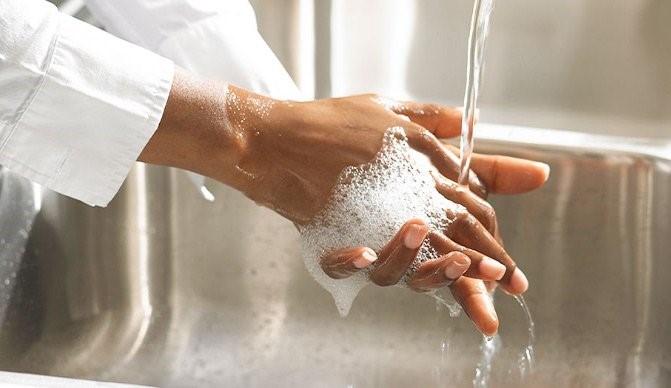
According to the Centres for Disease Control and Prevention (CDC), there is no evidence of the novel coronavirus spreading via shipped food products — consider this advice an invitation to vamp up delivery options. If your rooms include kitchenettes, offering grocery delivery is an ideal way to show guests you care about protecting their health and safety.
3. Time to Breathe
The CDC recommends waiting 24 hours to clean rooms when an occupant had symptoms of the novel coronavirus. As a hotelier, you can’t tell whether a guest’s cough stems from cigarette smoking or allergies. You can, however, protect your staff and future visitors by giving each room that much time to “air out” before cleaning and rebooking it.
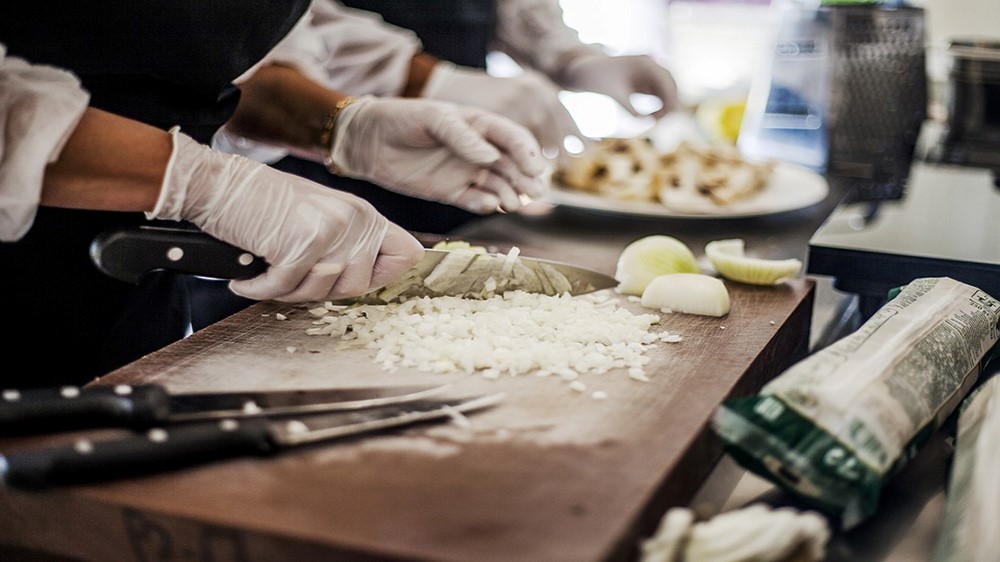
Granted, this accommodation will result in lower occupancy. However, many facilities now advertise their additional cleanliness measures as part of their marketing strategy — follow their lead.
4. Touchless Payment and Check-in Systems
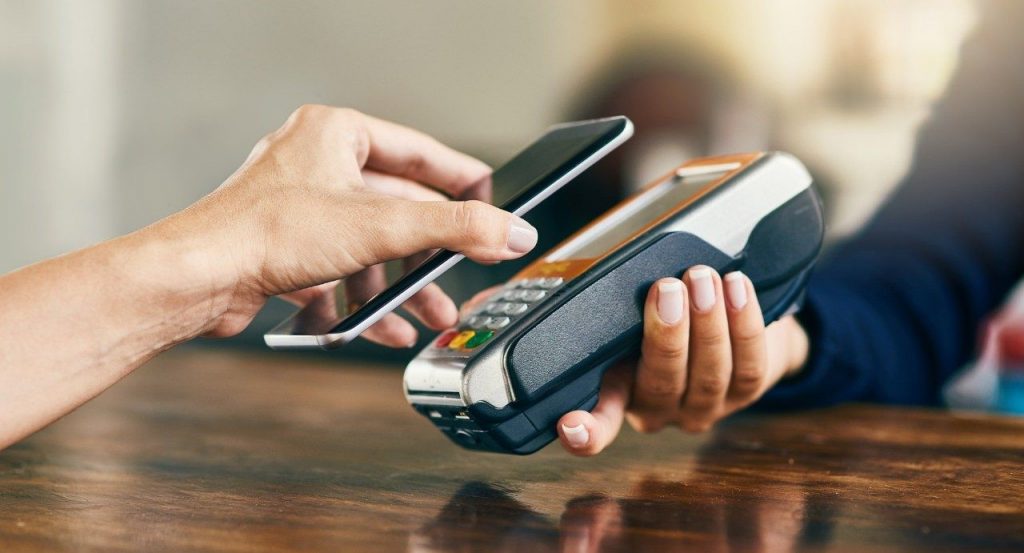
Gone are the days when guests exchanged pleasant banter with the reservation desk clerk at check-in. In a post-COVID-19 world, they want to lower contact with strangers. If you haven’t already, you should invest in self-check-in kiosks or guest mobile check-in to minimize interactions. You benefit, too — you can program the screen to upsell and generate revenue when guests book additional services.
5. Hassle-Free Cancellation Processes
Travel restrictions continue to vary, and there’s no way to tell what limitations may exist a week or two from now. Guests want to know they won’t lose their money if they cancel their trip because of factors beyond their control. Update your cancellation policy to include more flexibility for last-minute bookings.
6. Keyless Entry
 Your guests no longer want to grasp door handles — they’re among the most frequently touched surfaces. Spare them the hand sanitizer with touchless key card entry systems that don’t require them to manipulate a handle. Some models unlatch the door so they can push it open with a hip. This convenience comes in handy when laden with suitcases.
Your guests no longer want to grasp door handles — they’re among the most frequently touched surfaces. Spare them the hand sanitizer with touchless key card entry systems that don’t require them to manipulate a handle. Some models unlatch the door so they can push it open with a hip. This convenience comes in handy when laden with suitcases.
7. Increased Housekeeping Options
Don’t expect your housekeeping staff to clean each room daily. Unless your guests request service, you want to minimize contact with your crew. Instead, upgrade your “Do Not Disturb” signage to reflect whether the visitor wants maid service to enter — otherwise, their room remains untouched until departure.
8. Supervised Play Areas
If the hotel offers outdoor play facilities for children, could you reassign some of your housekeeping staff to playground duty? They can give parents added peace of mind that another responsible adult is making sure kids are wearing their masks and high-touch surfaces are clean.
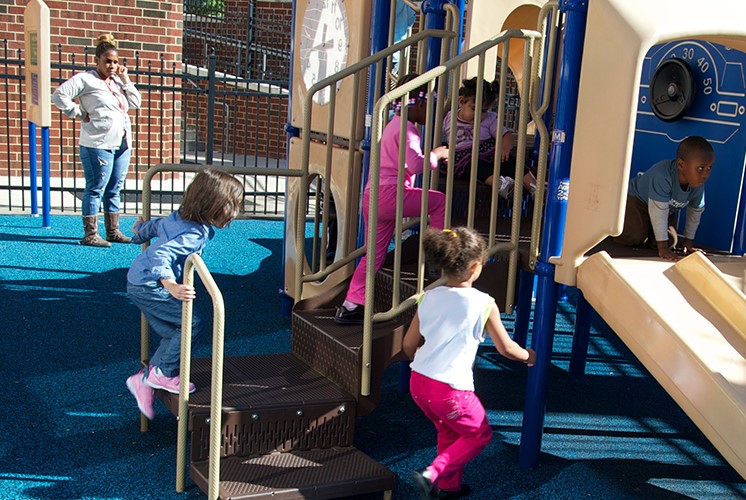
Prepare Employees for Post-COVID-19 Hospitality Customer Expectations
As we prepare for a returning influx of guests, remain aware of the changing landscape due to the novel coronavirus. The Points above will help us prepare for changing customer expectations in a post-COVID-19 world.
